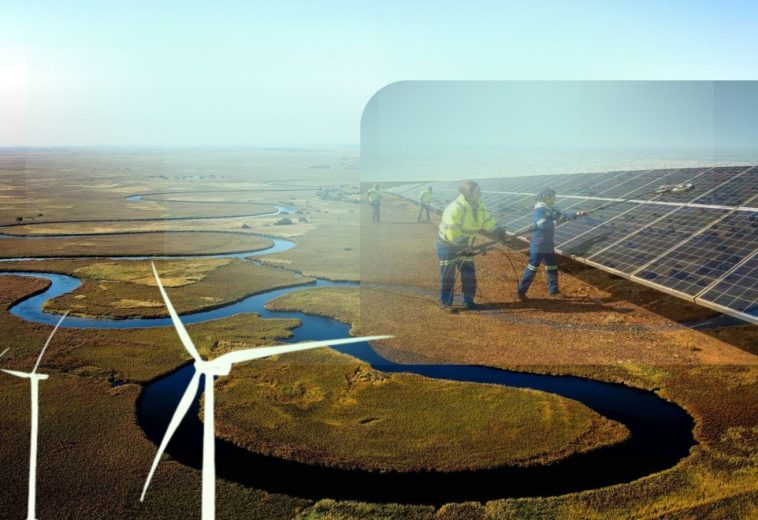The collaborative peacekeeping efforts between the African Union (AU) and the United States Africa Command (AFRICOM) have become a cornerstone of stability across the African continent. This partnership, which marries regional expertise with international support, has seen significant achievements, marked by successful missions and substantial financial investments.
The African Union Mission in Somalia (AMISOM), now transitioning to the African Union Transition Mission in Somalia (ATMIS), serves as a hallmark of the successful collaboration between the African Union and international partners. Deployed in 2007, AMISOM has played a crucial role in restoring stability to Somalia, which had been plagued by anarchy for 16 years. Notably, the mission has successfully driven out terrorist groups from key regions and reestablished governance in the country. The mission’s achievements are a testament to the effectiveness of African-led peacekeeping initiatives and their capacity to deliver tangible results.
The AU and AFRICOM have also supported the G5 Sahel Joint Force, a regional security initiative comprising Burkina Faso, Chad, Mali, Mauritania, and Niger. This force addresses terrorism, cross-border crime, and human trafficking in the Sahel region. AFRICOM has provided training, equipment, and intelligence support to enhance the operational effectiveness of this force.
The financial underpinning of these missions relies heavily on significant international support. Major large-scale operations like ATMIS receive substantial funding from major donors, including the United Nations and the European Union. The African Union’s Peace Fund, which aims to raise $400 million, has thus far secured over half of this target, a significant step towards reaching its goal.
The Command’s involvement in Africa is multifaceted, encompassing a range of programmes designed to enhance the capacity of African armed forces. The Africa Contingency Operations Training and Assistance (ACOTA) programme, led by the US Department of State and supported by AFRICOM, provides critical training and equipment to improve the capabilities of the military.
AFRICOM’s security cooperation programmes focus on developing operational and institutional capacities, enhancing regional integration, and improving maritime security. These initiatives aim to strengthen regional stability and promote peace and security across the continent. By investing in the development of African militaries, AFRICOM aims to build a professional and disciplined military force in African nations.
Despite the progress made, African-led peacekeeping missions continue to encounter significant challenges. Financial constraints remain a major obstacle, as the African Union’s Peace Fund falls short of its financial targets. Furthermore, sustaining high standards of professionalism and addressing issues such as corruption and human rights abuses within deployed forces are ongoing concerns.
READ ALSO: African Women Pioneering Multilateral Diplomacy on a Global Stage
Notwithstanding these challenges, the collaborative efforts between the African Union and AFRICOM demonstrate the potential for effective regional and international partnerships to advance peace and security in Africa. To overcome the challenges, innovation and increased international support will be essential. This collaborative endeavour, characterised by resilience and adaptability, highlights the significance of sustained international support and regional commitment to peacekeeping in Africa.
The AU and AFRICOM’s collaborative endeavours are crucial for achieving sustainable stability in Africa. By highlighting their accomplishments and acknowledging the obstacles, it becomes clear that the AU and AFRICOM’s joint peacekeeping efforts are vital for developing effective and long-term solutions to Africa’s complex security challenges.


